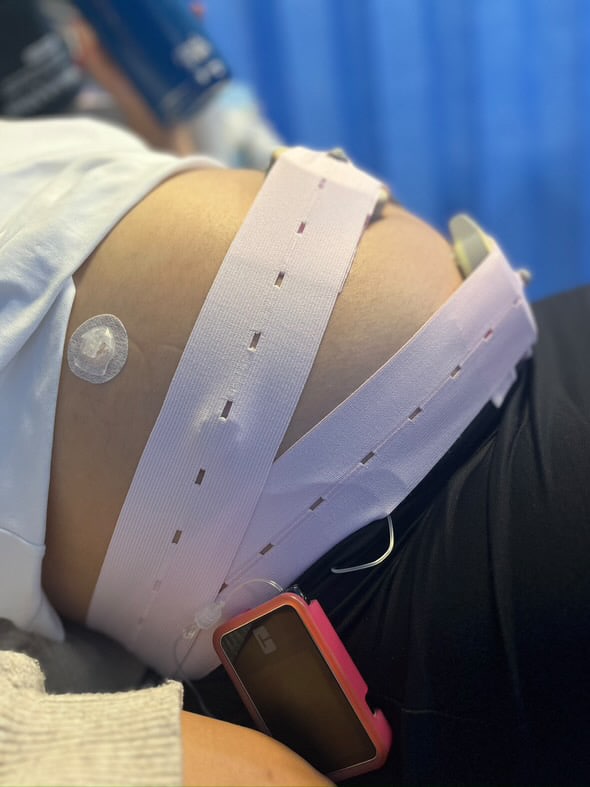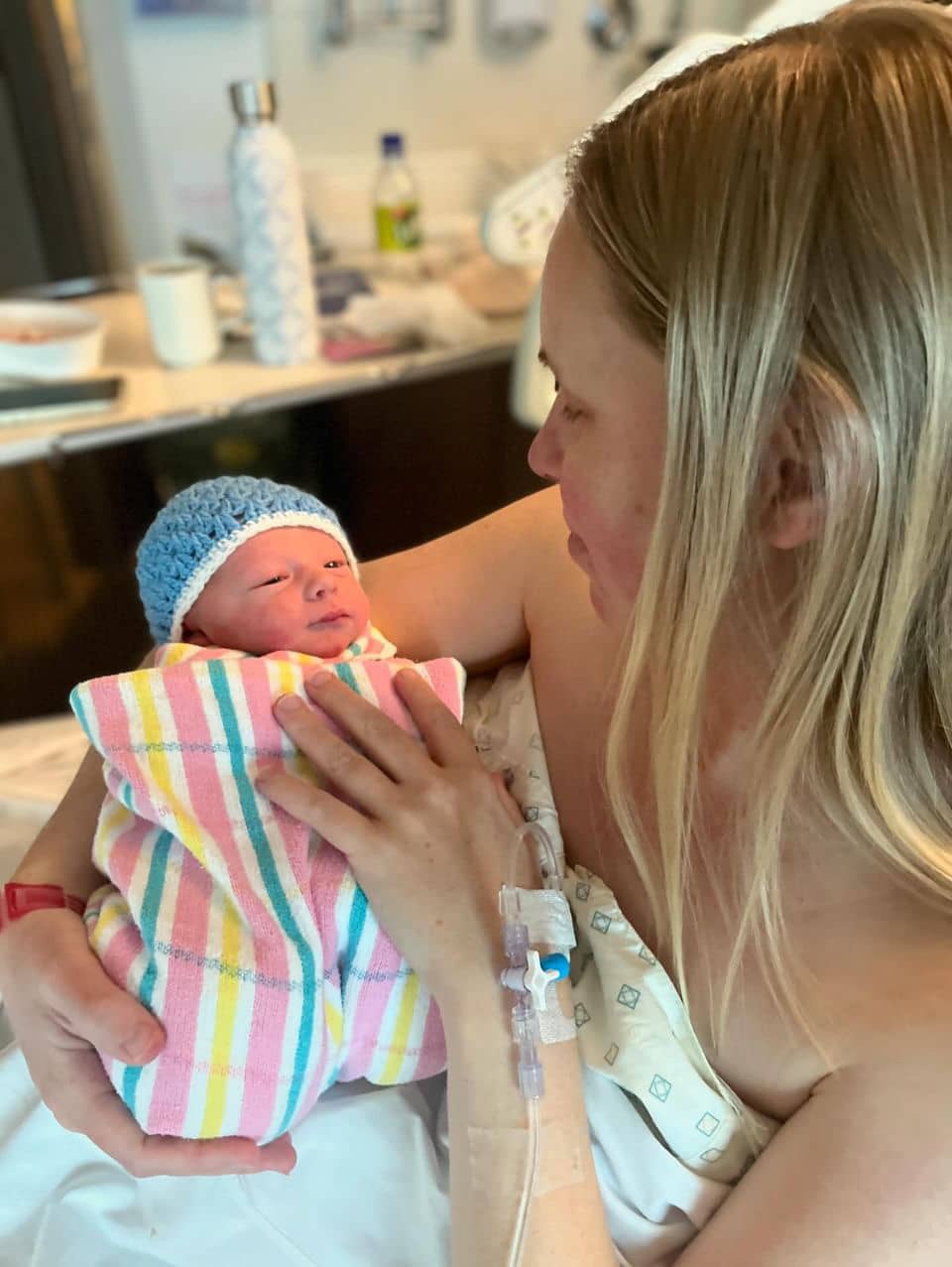Pregnancy You’re Pregnant! What Comes Next?
You’re Pregnant! What Comes Next?

Whether your pregnancy was planned or a surprise, there’s often a lot of confusion about the steps to take after a positive pregnancy test. We’ve outlined everything you need to know!
You may be experiencing a lot of conflicting emotions right now and we want you to know that this is very normal. Happiness one minute and overwhelm the next? Fear, delight, hope, stress, worry, elation – they’re all expected responses. Be kind to yourself and remember that you don’t have to think too far ahead just yet. However, there are a few practical and important things you can do to ensure you’re taking good care of your physical and mental health and setting yourself up for a supported pregnancy.
1. Make an appointment with your GP.
It’s good to have a family GP who knows you well and one you can rely on; someone who listens, respects your birthing choices and supports you through your pregnancy and motherhood journey. At your first appointment your GP will run a standard early pregnancy blood test to confirm your pregnancy, check your blood type, look at your iron studies, test for immunity to rubella and look for evidence of hepatitis B and C and STIs. You can also expect a discussion about abstaining from smoking and alcohol, taking care of yourself, your risk of domestic violence, your mental health and the importance of a prenatal supplement. They’ll give you a referral letter for your chosen model of care and a referral for your 12-week ultrasound (or a dating scan if you aren’t sure of your menstrual cycle dates).
2. Look into your care options.
Your care provider will be an obstetrician, midwife or a group of midwives who will care for you throughout pregnancy, support you in labour and birth and see you a few times after your birth (this is often referred to as the postnatal period). If you’re planning a hospital birth you’ll choose between a private or public hospital (likely public unless you’ve had obstetric care in your private health cover for over one year). Statistics show that the best maternal outcomes are with continuity of care with a known midwife. This is when you see the same midwife throughout your pregnancy, you have the opportunity to develop a trusted relationship with them and, in most cases, they’re at your birth. Unfortunately this model of care is very hard to access because there’s not much availability and demand is very high. If you have your hopes set on continuity of care, book early and advocate for yourself.
3. Take a prenatal supplement.
If you aren’t already on a prenatal supplement, it’s a good idea to start one now. Your local pharmacy or health food store will have a range of options for you. If you’re already feeling nauseous and/or vomiting, please don’t stress too much about your diet; your body will be doing a really good job of sending your growing baby exactly what it needs. It’s really important that you stay hydrated (small, regular sips from a straw are best if you’re prone to vomiting) and if you’re having trouble drinking water, add a few lemon or orange slices to your water bottle.
This is a very brief rundown of early pregnancy but we’ve created a thorough guide that will give you absolutely everything you need to know for the next few months. WELCOME TO THE FIRST TRIMESTER is a 5-part audio course featuring interviews with a range of perinatal health specialists. It’s an informative and comforting guide (like having a knowledgeable friend on hand) that discusses:
- Your first GP appointment in detail
- Your care options and what questions you may want to ask your care provider
- Mental health
- Physical changes and concerns
- Early pregnancy nutrition
Categories
Related Products
-
Welcome to the First Trimester
11 reviews$67.00An informative and comforting 5-part audio course guiding you through the first 12 weeks of pregnancy.
Get your copy of our Perineal Massage Guide in your inbox
Keep Reading
We think you might enjoy these articles

Pre-existing Diabetes and Pregnancy: What You Need to Know

Harnessing the Power of Acupressure: A Natural Approach to Preparing for Birth

Thoughtful Christmas Gifts for your Pregnant Friend.

What is Pre-eclampsia?

Non-invasive Prenatal Testing (NIPT)
@AustralianBirthStories
Follow along with us
@AustralianBirthStories
Follow along with us
@AustralianBirthStories
Follow along with us
@AustralianBirthStories
Follow along with us
@AustralianBirthStories
Follow along with us
@AustralianBirthStories
Follow along with us
@AustralianBirthStories
Follow along with us
@AustralianBirthStories
Follow along with us
@AustralianBirthStories
Follow along with us
@AustralianBirthStories
Follow along with us
@AustralianBirthStories
Follow along with us
@AustralianBirthStories
Follow along with us



